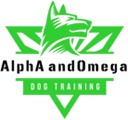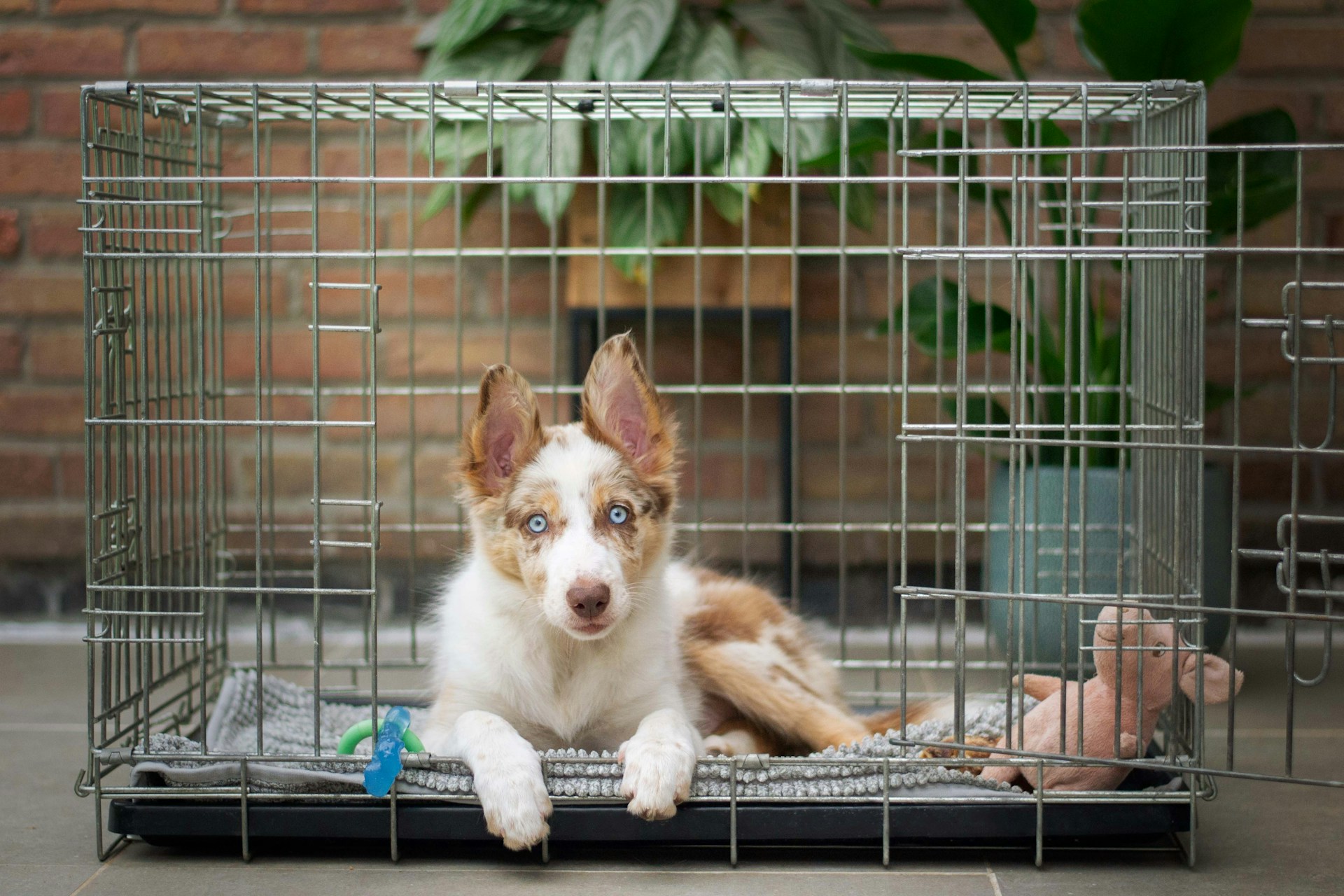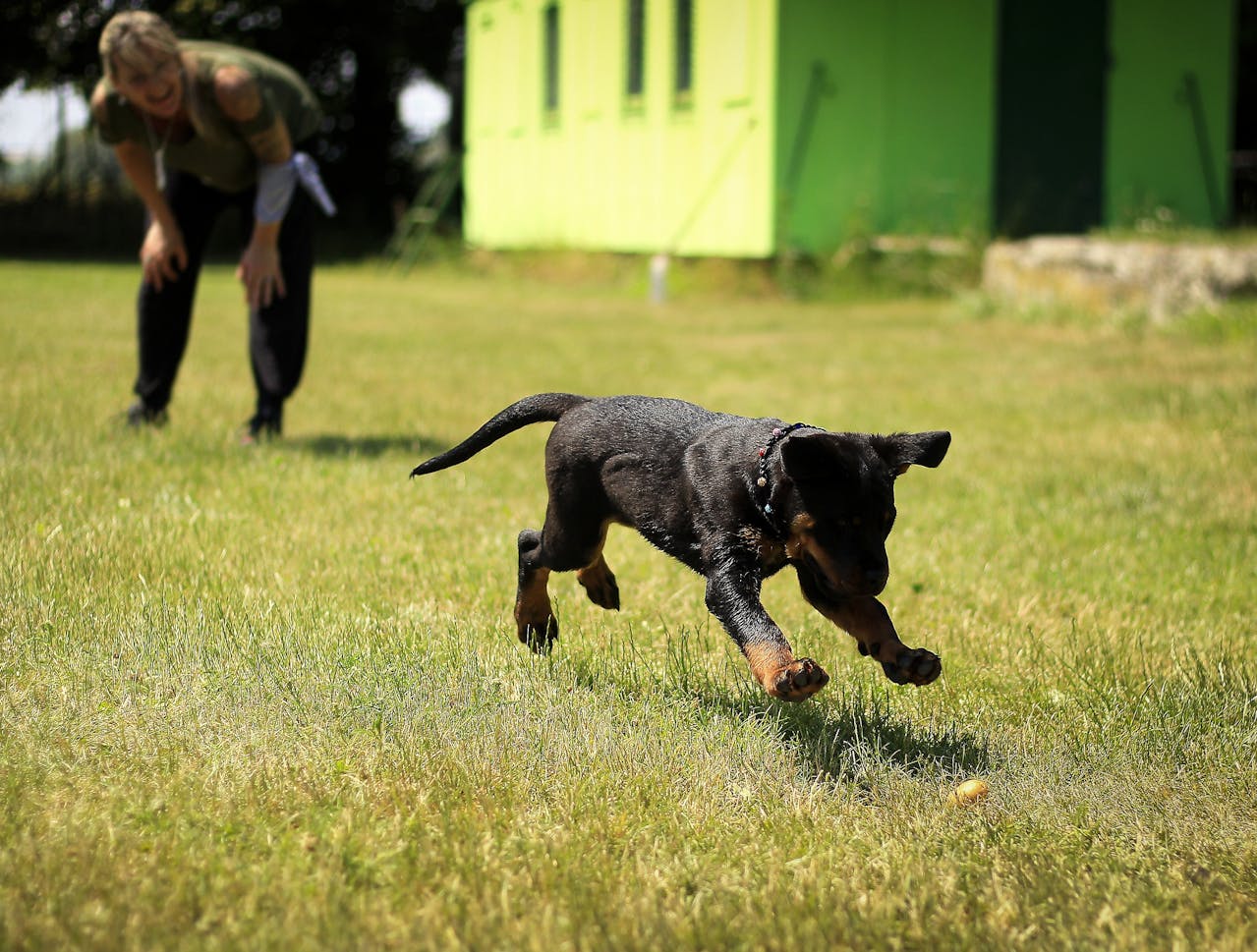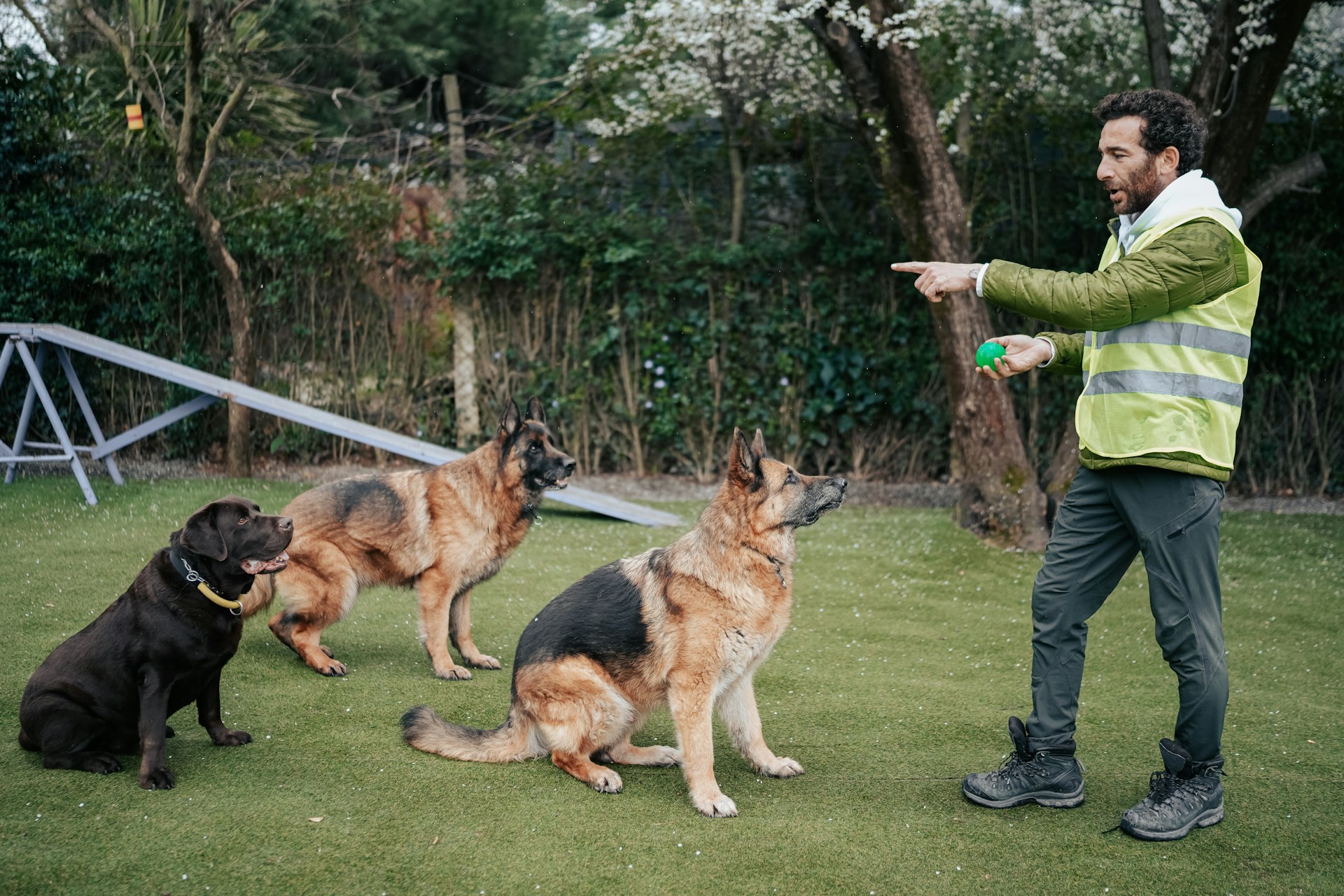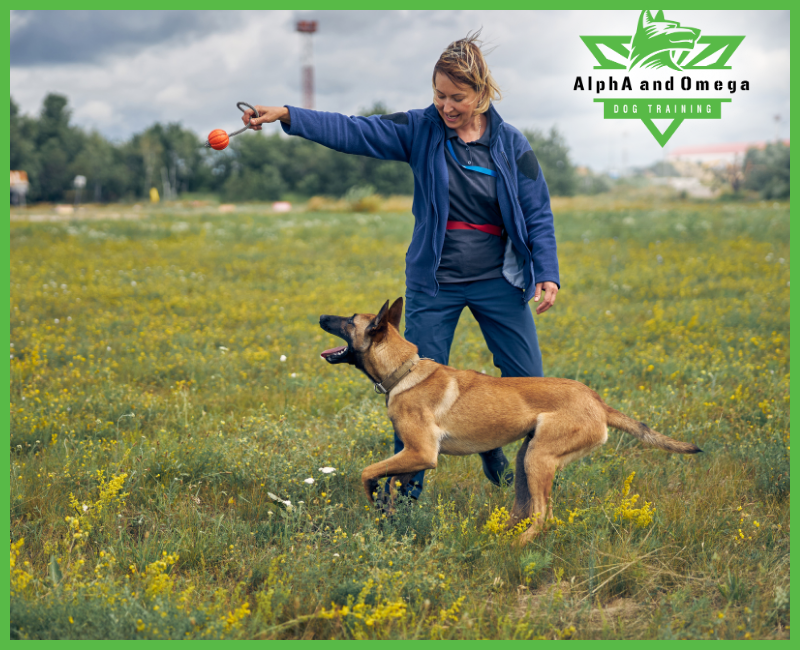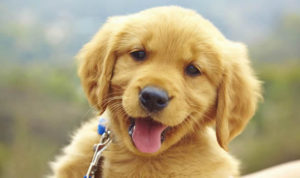 The epitome of cuteness, puppies can bring joy to anyone they meet. They can also be little hellions running all over the house and getting into, well, everything!
The epitome of cuteness, puppies can bring joy to anyone they meet. They can also be little hellions running all over the house and getting into, well, everything!
It’s important to start training your puppy as soon as he gets home from the shelter, breeder, or rescue, to prevent bad habits from manifesting in the first place. Developing a daily routine such as when and where to eat, sleep, and go to the bathroom is the first step. Whatever behavior he exhibits, you must react properly or he’ll learn the wrong things.
Commands:
Along with daily routines, your puppy must be taught words. “No” and “Good” are the two most important ones because your puppy needs to know when you like or dislike whatever he is doing. Your tone of voice and body language is also essential in reinforcing these commands. It is only after your puppy learns these praise and correction words that you can start teaching him other words like “Quiet” “Stay” and “Go lie down.”
Your puppy should learn early on to respect you as the head of the house, the pack leader. Without this respect, you can teach him all the words and routines you want, but he’s not going to listen. He’s learned the words, but he’ll choose to ignore you because he doesn’t respect you.
Respect:
That’s why you must demand his complete respect through dog training. Always remember that YOU are the leader, which means your puppy should know that you are the one who decides what is or is not okay for him to do.
When training, try not to rely solely on treats as a reward for following commands. Your puppy may learn to only do what you say if he is hungry enough. He may prefer to finish chasing that squirrel into the street before he comes back to you for a treat. Along with the risk of being hit by a car, he learns that he doesn’t have to listen to you unless he decides he wants to eat. Now he is making all the decisions, not you.
Affection, praise, and toys are good alternatives to food when you want to coax your pup into listening. Rotate the rewards and he’ll be excited to follow your orders because he’ll want to see which reward he’ll get.
All puppies will misbehave from time to time and, when that happens, you must respond as the leader. Your puppy is only young once, so this is your only chance to teach the right habits to a “clean slate” puppy. It’s a lot harder to teach an older puppy when bad habits have already been established. Enrolling your new pup in a training program specially geared toward their age group will always help to ensure they’re starting on the right paw!
